iShip Research Team
These are the thinkers and makers that contributes to advance iShip lab breakthrough research.
These are the thinkers and makers that advance iShip-lab cutting-edge research in Ocean and Aerospace Engineering.
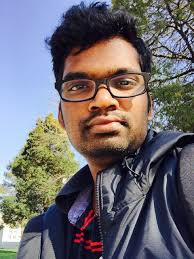
Suresh is a PhD candidate in the Aerospace and Ocean Engineering department of Virginia Tech. His main interests are numerical methods for Computational Fluid Dynamics, with special interest in MagnetoHydroDynamic flows of conducting incompressible fluids such as molten metals or sea water. In the last three years, at the iShip lab, Suresh has been developing a novel numerical method with unique capabilities that are of interest for different engineering applications, ranging from MHD propulsion of ocean vehicles to impulsive liquid metal flows driven by unsteady magnetic fields. The finite volume numerical method solves the Navier Stokes equations for turbulent, multi-phase, incompressible and compressible fluids coupled with Maxwell equations for electromagnetic forces acting on conducting fluids. The code is parallelized and is being developed to exploit the computational power of GP/GPUs.
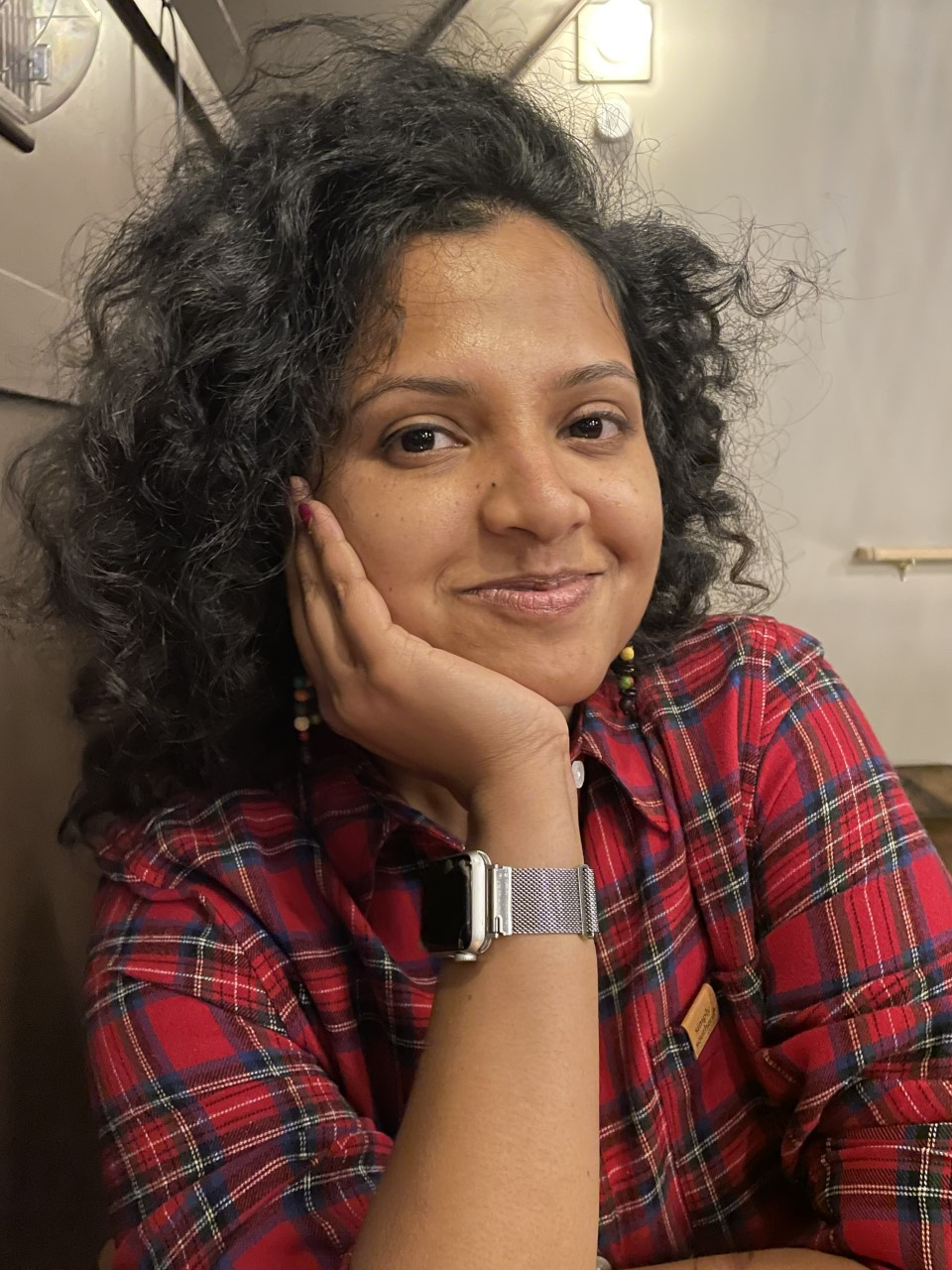
“I’m all about AUVs, especially hydrodynamics. I’ve got a bachelors and masters in mechanical engineering. A masters and PhD in ocean engineering are in progress. (Yes, an eternity at school). I’ve worked for Cummins Emission solutions for five years in performance engineering for engines of 5L-95L.
I worked on the industrial project from start to end with Dive technologies, now anduril for the hydrodynamics of the 2020E craft during my PhD. I work on propulsion, maneuvering and hull form design apart from brainstorming and interfacing with controls and hardware folks. My dissertation is about improving maneuvering models for the craft I’ve worked on in these four years including 690 and DIVE.
I’ve also served the AOE GSA as president for the academic year 2021. Look me up on researchgate or LinkedIn.
If you want to know more about my research, my labs VT Iship and CMAR, or our working environment, don’t hesitate to reach out!”
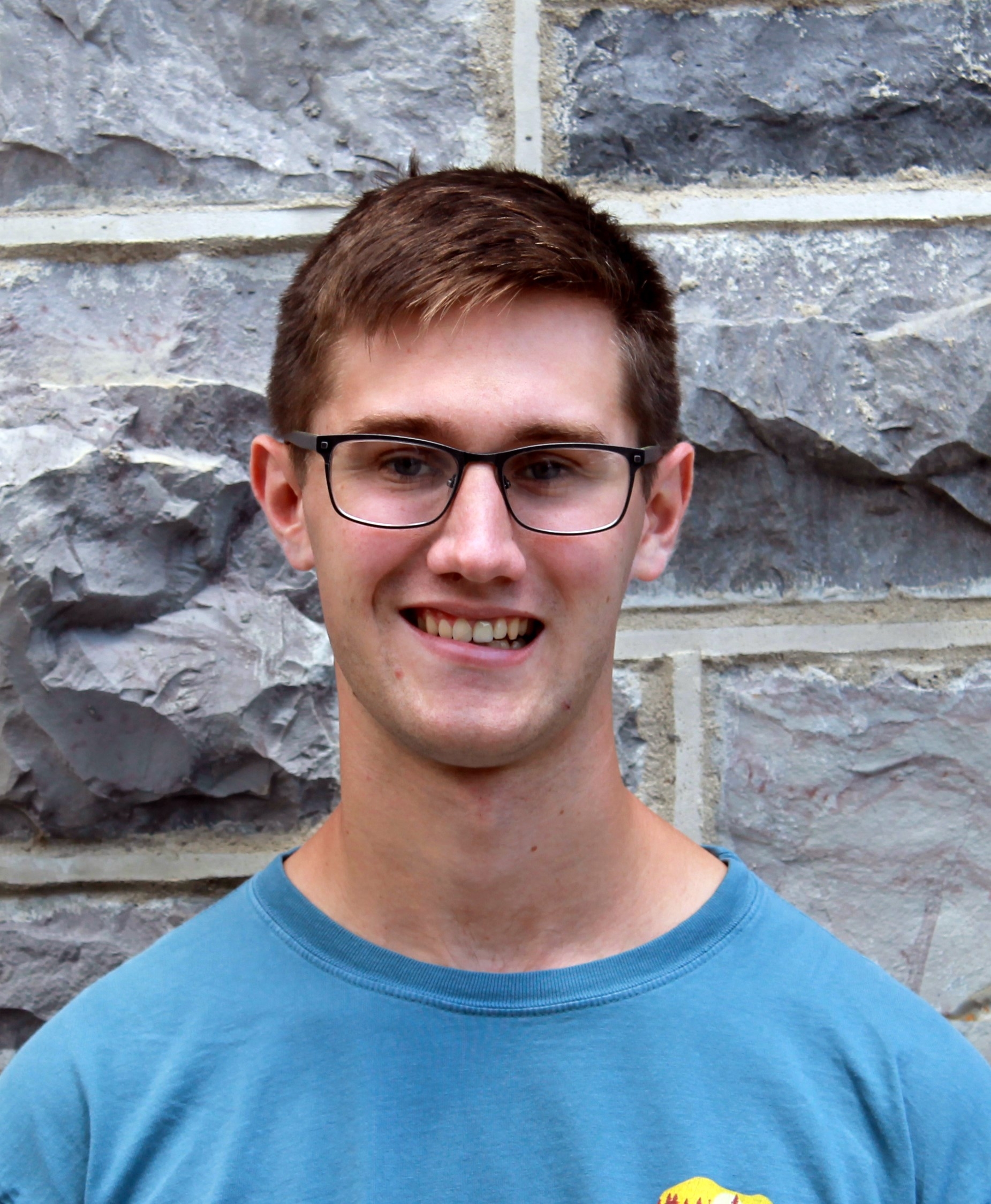
William (Liam) is a PhD candidate in the Aerospace and Ocean Engineering department at Virginia Tech. Graduating from Roanoke College in 2019 with B.S. degrees in both math and physics, Liam is excited to take his fundamental knowledge and learn more about marine applications. His research focuses on the development of novel maneuvering and seakeeping models for shallowly submerged AUVs that are subject to free surface forces. Through his studies, he will develop and validate a method of determining parameters for a Lagrangian nonlinear maneuvering and seakeeping model (LNMS) using OpenFOAM. This model will further our knowledge of near-surface hydrodynamics and will be used in the construction of energy-based controllers.
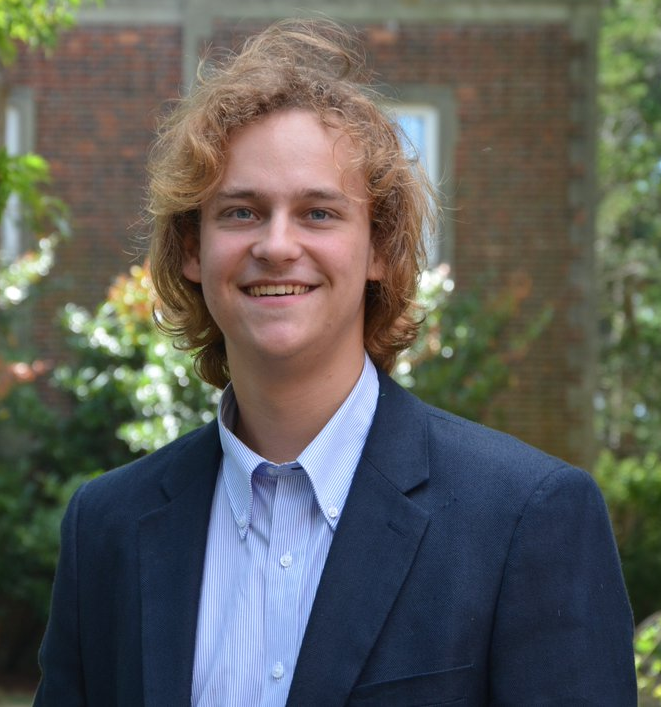
Nicholas is a Webb graduate (Naval Architecture and Marine Engineering) class '18, passionate about marine high speed crafts. He has a working experience at Donald Blount Associates. He joined iShip lab in Fall 2019 in the intent of specializing in CFD for ship design for his PhD, with particular focus on high performance planing crafts and high speed propulsors. His effort is part of a research project sponsored by ONR that focuses on the investigation of violent loads experienced by conventional and unconventional high speed crafts in extreme sea states. The study aims to develop and validate by custom experiments, high fidelity computational tools to predict non-linear motions of planing crafts in waves and wave induced loads. The non-linear motion response of the hull considers also impulsive loads such as slamming and fluid-structure interactions.
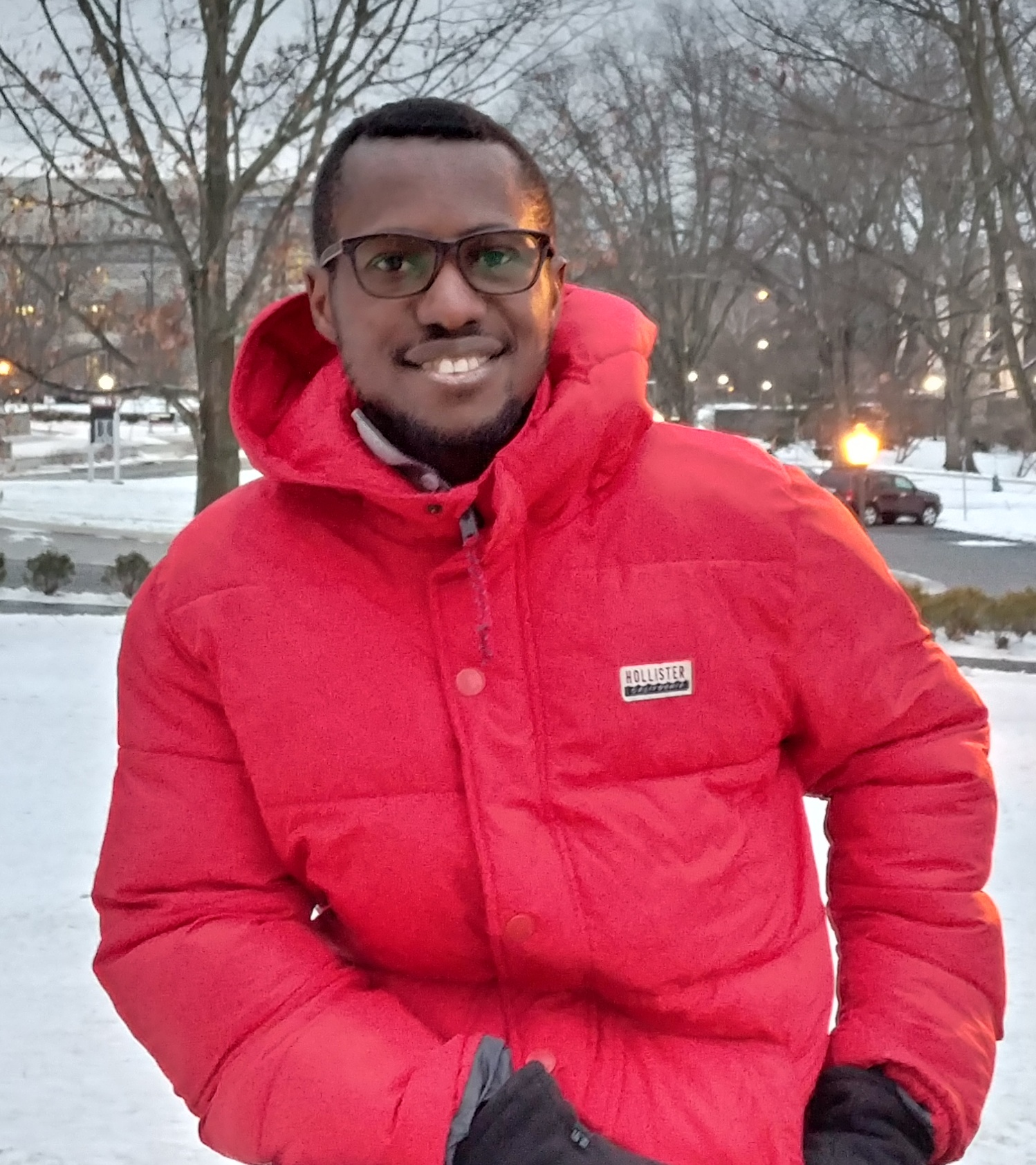
Adetoso Afonja, is a graduate students in Aerospace and Ocean Engineering. He has been researching on the design of a wave energy converter (WEC) with resonant U-tanks. Currently, he is leading a collegiate team advised by Dr. Stefano Brizzolara, with an international collaboration with students Massachusetts Institute of Technology (MIT) and University of West Indies (UWI), Cave Hill, Barbados in a competition organized US Dept. of Energy. The team is working on an Integrated System of Wave Energy Converters and Autonomous Underwater Vehicles for Persistent Monitoring of Barbados Coral Reef Health. Adetoso also has experience teaching first year undergraduate students in Foundations of Engineering.
His research interest includes marine energy renewable sources and hydrodynamics.
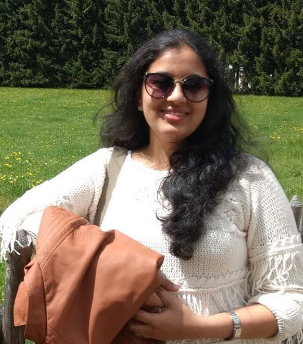
Naina is pursuing a PhD in Aerospace and Ocean Engineering in the iShip lab. She gained a Bachelor's degree in Aeronautical Eng. in Manipal (India) and a Master's here in Virginia Tech. Her research expertise include Uncertainty Quantification and Robust Design Optimization coupled with Surrogate Modeling, in order to handle noisy inputs under uncertainty. She is currently working on a research project sponsored by ONR, specializing in CFD techniques for aeroacoustic modelling and silent propeller design and optimization which will be applied on aeronautical drones (UAVs).
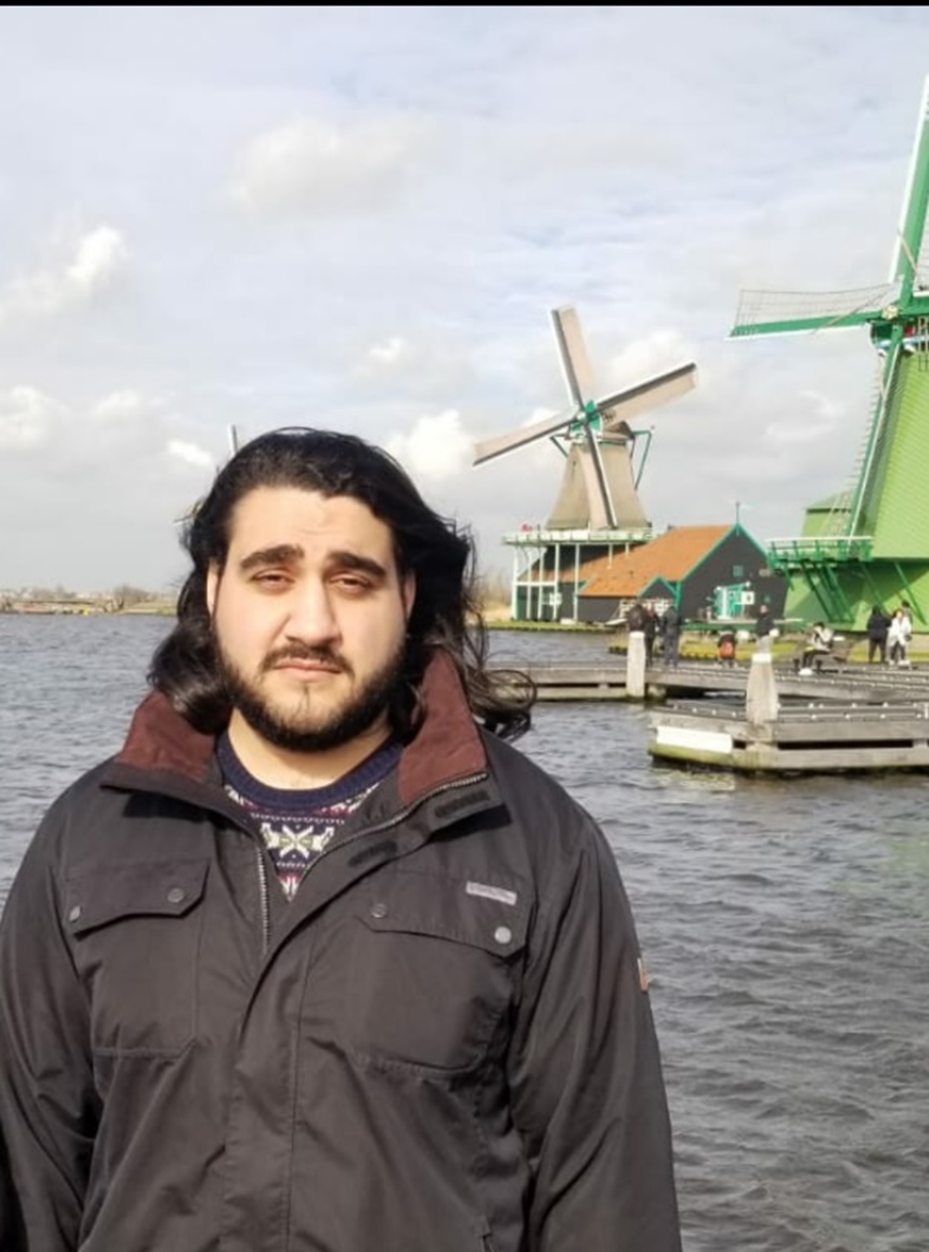
Arman is pursuing a PhD in Aerospace and Ocean Engineering at Virginia Tech in the iShip Lab and Hydrostatics Elasticity Lab under the corresponding advisership of Dr. Brizzolara and Dr. Gilbert. He graduated from Penn State in the spring of 2020 with a B.S. in Mechanical Engineering. Arman is an aquarist who enjoys both travelling and diving. His current research project is funded by the ONR and involves both experimentation and CFD design of high-speed planning hulls and the resultant structural response. His research effort encompasses the fluid dynamics and structural response events experienced by planing hulls during slamming in waves, modeled according by high fidelity fluid-structure interaction computational methods. The goal of this project is to provide a better modelling of structural response in extreme sea state conditions in order to improve future structural design high-speed planning crafts.
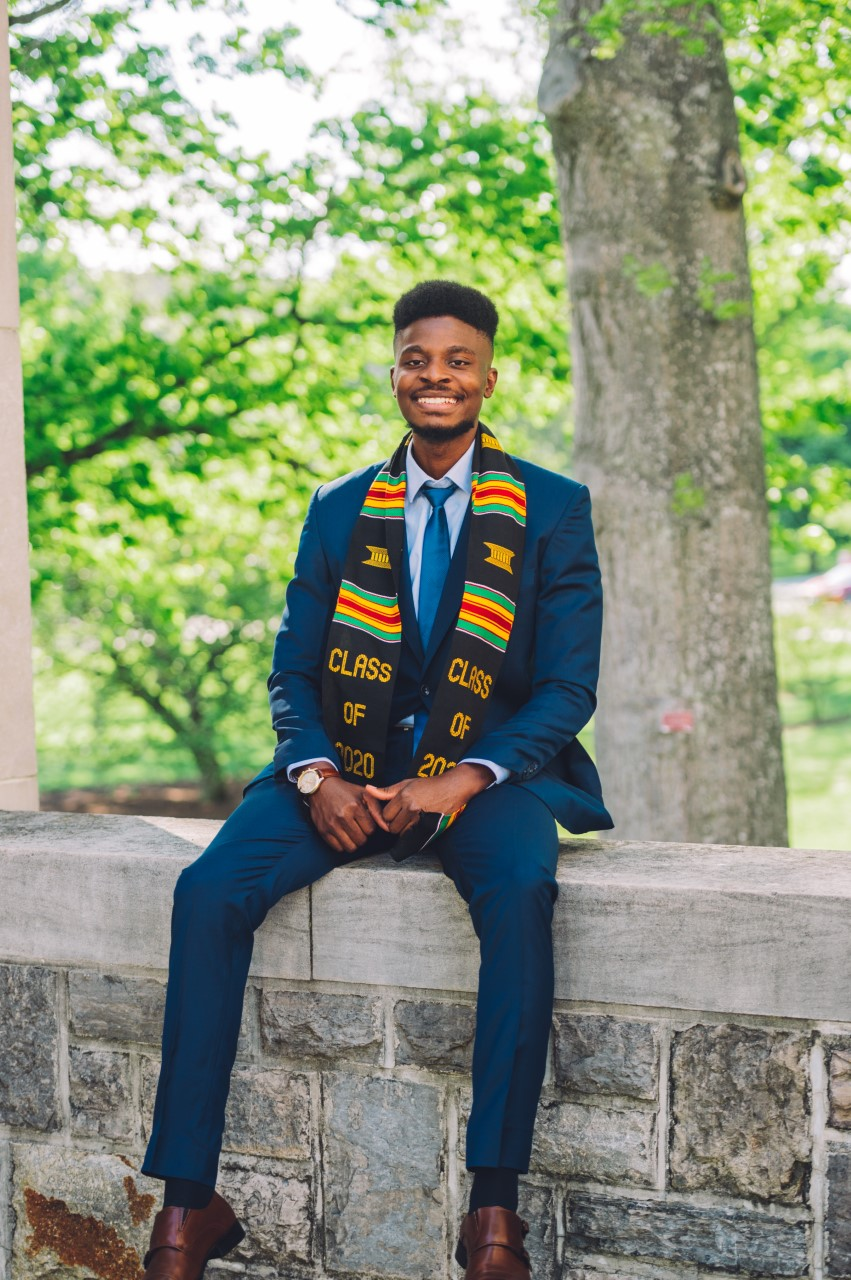
Tayo Oladele graduated with his bachelors in the Aerospace and Ocean Engineering Department at Virginia Tech. He continued on to pursue his PHD in the same department. His research is focused on studying maneuvering models for surface and underwater vehicles. Over the course of his program, he will study the necessary power and thrust required by a propeller for an electric powered surface vessel during different maneuvering motions.
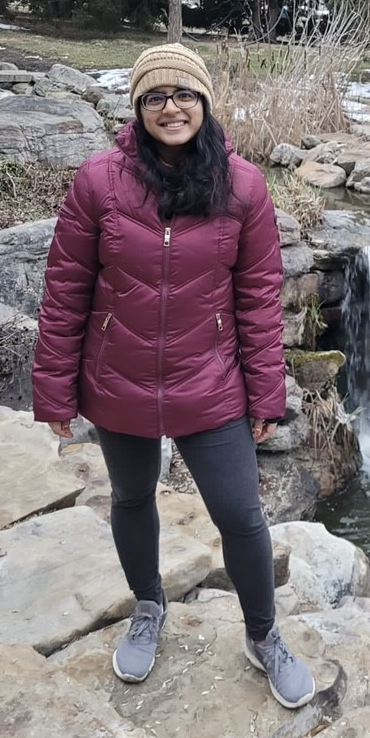
Shivani Sakri is a second-year Ph.D. student in the Aerospace and Ocean Engineering department of Virginia Tech. She has completed her Bachelor’s in Mechanical engineering from India and her Master’s degree from the University of Michigan (Ann Arbor) in Aerospace Engineering, specializing in dynamics and control. Her research includes the dynamics of unconventional platform vehicles, with a particular focus on hovercrafts operating on land. She uses CFD tools and fundamentals of fluid dynamics that govern the motion of these vehicles with the objective of modeling fluid flow and its impact on system dynamics. Shivani has experience in Engineering Education focusing on the underrepresentation of women in engineering and has researched systemic barriers that impact women in engineering. She is currently serving as the President of the AOE Graduate Student Assembly.
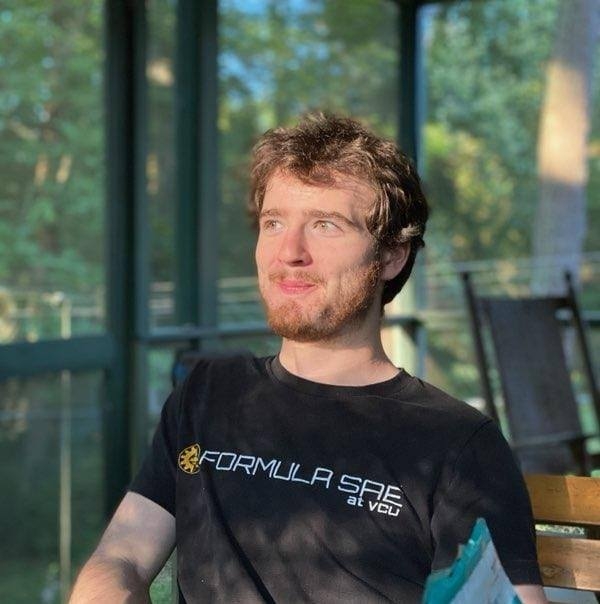
Alex is a third semester masters student in the Aerospace and Ocean Engineering department at VT. He graduated undergrad in 2018 at VCU with a B.S. in mechanical engineering. His research is primarily on running static and dynamic CFD simulations to generate hydrodynamic coefficients that are then used in a lumped parameter model to simulate vehicle maneuvers. These models are being generated for craft for NAVsea as well as a non-restricted, similarly proportioned, craft.
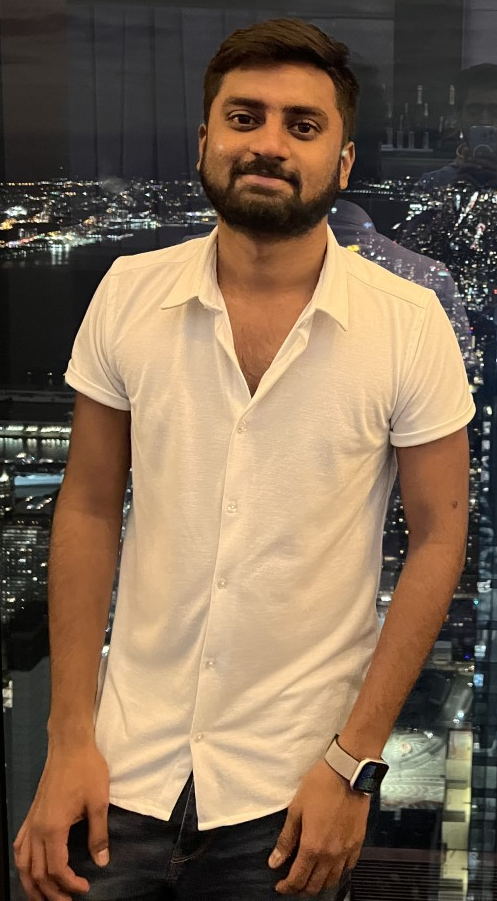
Pavan Reddy, a grad student here at Virginia Tech. pursuing master's in Aerospace Engineering, coming from Bengaluru, India. Pavan has a bachelor's in Aerospace Engineering and a diploma degree in Mechanical Engineering. Pavan's main interests are aeronatucal vehicles, so aerodynamics has been his passion to study/work on since undergraduate school.
Pavan's research thesis is on the design, develop, and testing of an unconventional swept rotor, with an application on UAV rotor Acoustics in the VT@i-Ship lab working. Other major interest include in fluid dynamics, propulsion, and manufacturing technologies.
And of course we praise and keep in touch those who have already set sail:
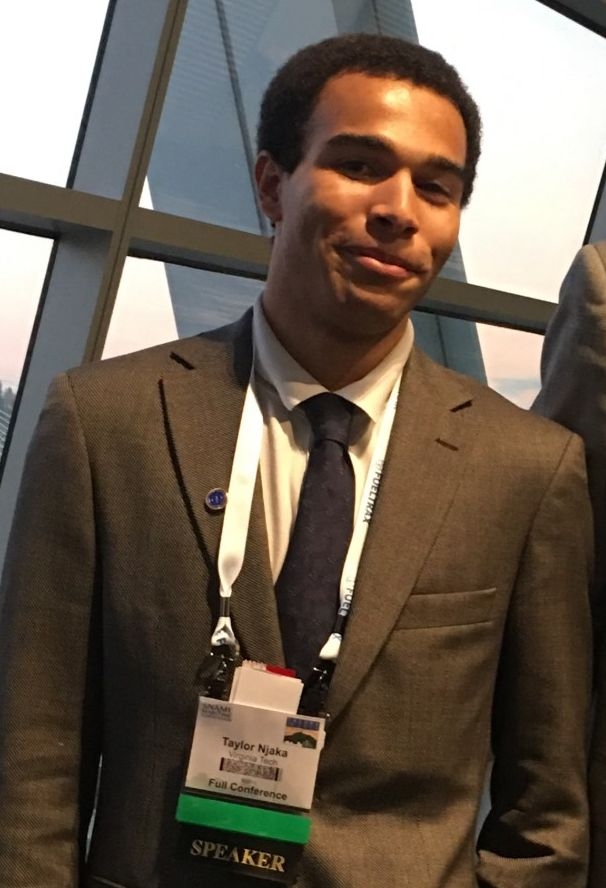
Taylor got his PhD in Mechanical Engineering at Virginia Tech in 2020, advised by Prof. Brizzolara, working in the iShip lab and continued as a postdoctoral researcher at Center for Marine Autonomy and Robotics, working with Prof. Brizzolara and Prof. Stilwell in differen projects related to autonomous underwater vehicles. Taylor graduated from MIT in 2017 with a B.S. in Mechanical and Ocean Engineering, before joining Virginia Tech. Although his background is primarily in mechatronics and underwater robotics, his graduate research focuses on AUV system identification for dynamic modelling. He has developed a new framework to accurately simulate the dynamic characteristics of underwater vehicles, based on a limited series of steady and unsteady CFD simulations and a new model identification technique. The new method to derive the high fidelity dynamic model is published in the special Technical Bulletin n. 45-1 of the Society of Naval Architect and Marine Engineers. The methods allow for rudder hull interactions and non-linear hydrodynamics. He has also developed a new omni-directional thruster (patent pending) for high disturbance rejections on underwtater vehicles. Industrial experience includes work at Phoenix International Holdings Inc, and American Marine Research Co LLC.
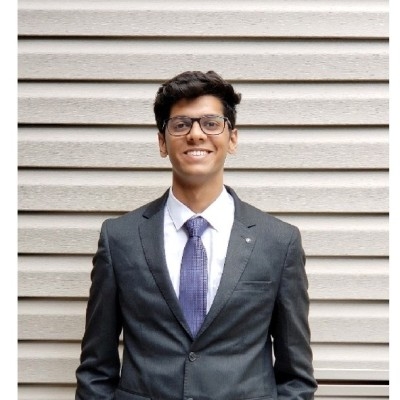
Varun obtaioned Master’s in Aerospace Engineering at Virginia Tech, in 2022 with a dissertation entitled "Investigating Aerodynamic Coefficients and Stability Derivatives for Truss-Braced Wing Aircraft Using OpenVSP". He graduated with a Bachelor’s degree in Mechanical Engineering from Pune, India in 2019. During his time there, he has been part of projects based on- design and manufacturing of All-Terrain Vehicle and design for additive manufacturing of implants. The areas of interest for his research at Virginia Tech are primarily associated with design and optimization. At VT-iShip he has been working on a project based on design and development of hybrid vehicles (Unmanned Aerial-Underwater Vehicles) under the advisory of Dr. Stefano Brizzolara. This study focuses on establishing a architecture for designing of hybrid vehicles leading to development of a particular HUAUV.
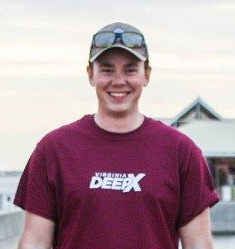
John Aykroyd (Jack) took his PhD in Aerospace and Ocean Engineering in 2019, specializing in Computational Fluid Dynamics under the advisory of Prof. Wayne Neu and Stefano Brizzolara. In his thesis, Jack developed a gamma transitional model coupled with Reynolds stress SSG turbulence models and implemented it in OpenFOAM. The new implementation has been validated over different 2D and 3D geometries including airfoils, wings and bodies of revolutions at different angles of attack. In parallel, he has been one of the main contributors of different autonomous vehicles design and construction within the VT center of marine autonomy and robotics. He is currently working at Us Navy NSWC Carderock.
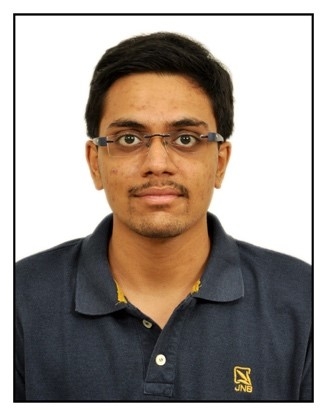
Harshil, graduated with a bachelors degree in Mechanical engineering, with the curiosity to learn more about fluid mechanics, he started to pursue Aerospace engineering at Virginia Tech in 2018. His research interests include Computational Fluid Dynamics(CFD), Numerical Techniques, Aero-hydrodynamics.
His research focuses on studying and analysing the benefits of interceptors on the stern of a ship. His methods use CFD to predict the energy saving gained using interceptors. He also plans to study the interference effect of the interceptor with the propeller.
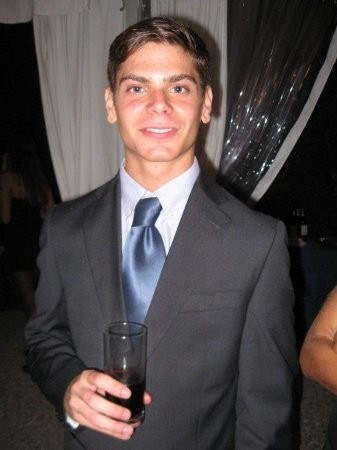
Fabrizio Ferrari is a visiting MSc student in Naval Architecture and Marine engineering from the University of Genoa (Italy). He gained his Bachelor degree in Naval architecture and marine engineering in Genoa. His research is focused on the motions of Wave Energy Converters (WEC). The main goal of his studies is to develop non-linear dynamic models for point absorbers and use them to optimize the hull shape of the devices, maximizing the conversion efficiency; predict and validate the dynamic behavior in extreme sea states, including effects of different mooring lines configurations.
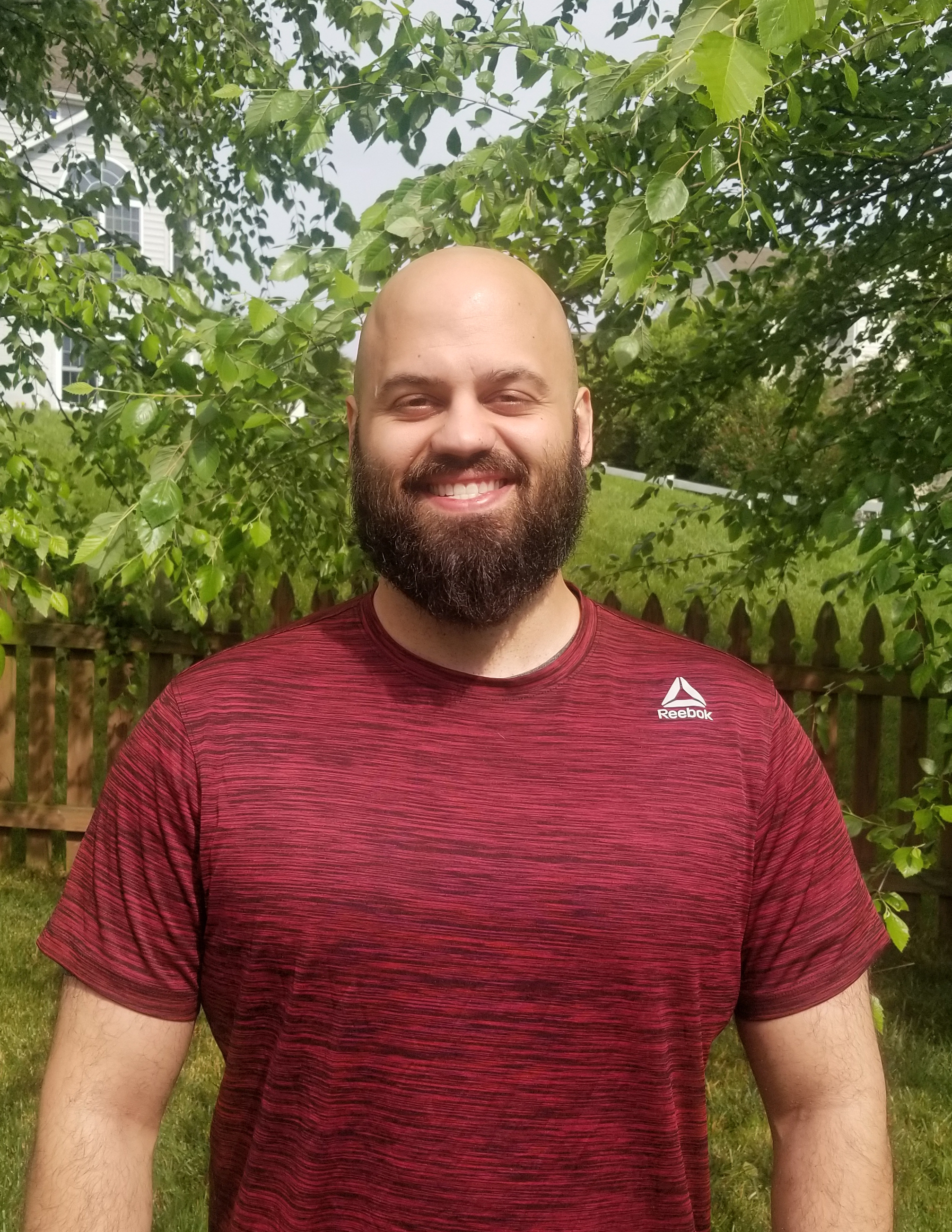
I graduated with MS in Ocean Engineering in 2018 from Virginia Tech. My thesis research focused on the development of a parametrically modifiable module using a low-fidelity structural analysis method implemented using a numerical 2D Finite Element Analysis (FEA) applied to the HY2-SWATH. To verify the module’s accuracy, a high-fidelity structural analysis was implemented in MAESTRO to analyze the reference marine vehicle model and provide a comparison baseline. The module was written to be parametrically modified through input variables, effectively generating a new vessel structure when an input is changed. The module demonstrates the capability to explore the design space and evaluate the structural feasibility of the advance marine vehicle designs through consideration of the material, stiffener/girder dimensions, stiffener/girder arrangement, and machinery/equipment weights onboard.
Currently, I am working at Naval Surface Research Center Carderock Division in the Advanced Concepts and Development Branch. I support the Program Office in program risk identification, risk mitigation, and cost estimation through the maturation of technical design products and reports. Additionally, I develop rough order magnitude naval ship concepts through space, weight, power, cooling, etc. analyses to determine a concept’s feasibility.


